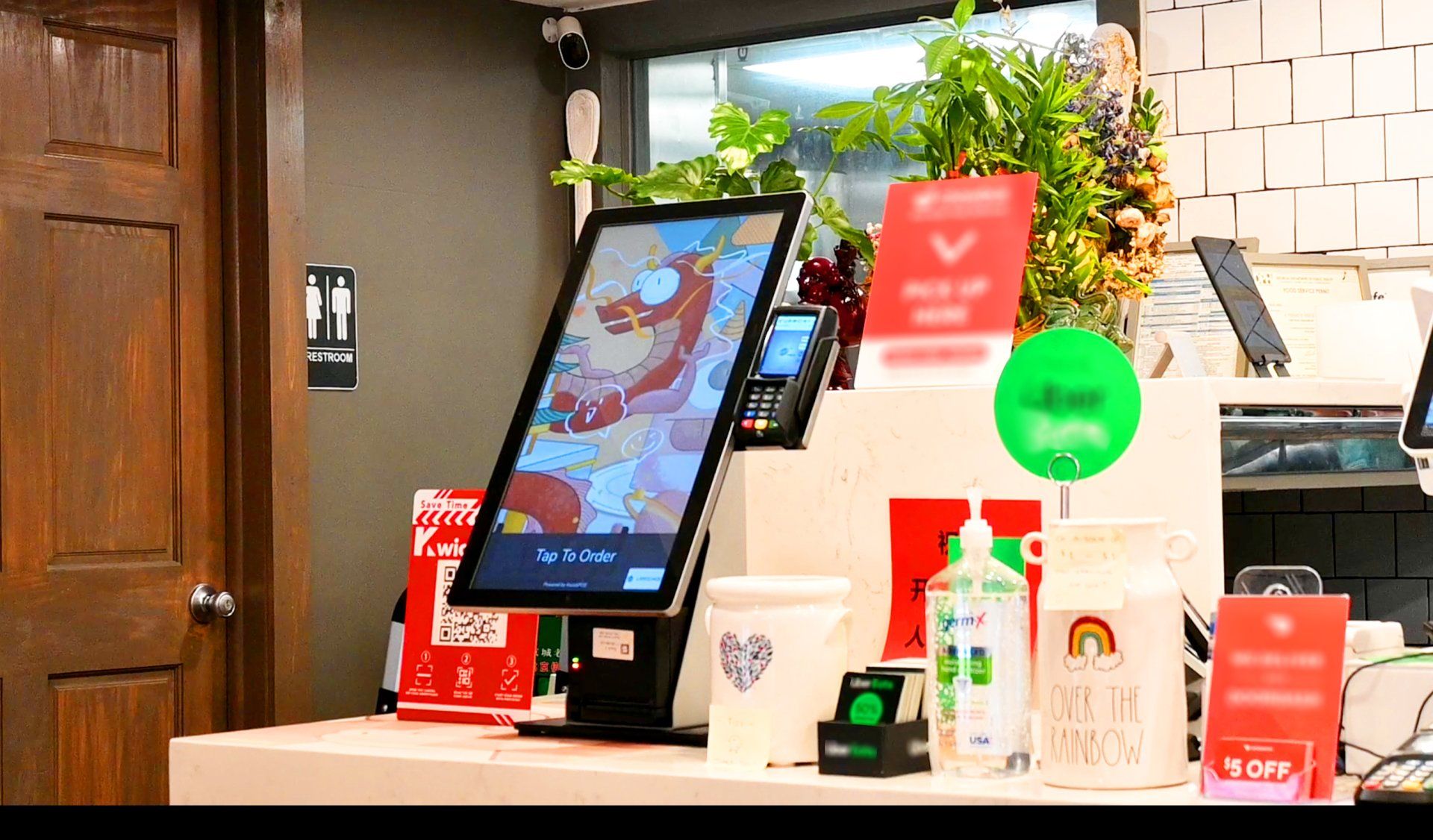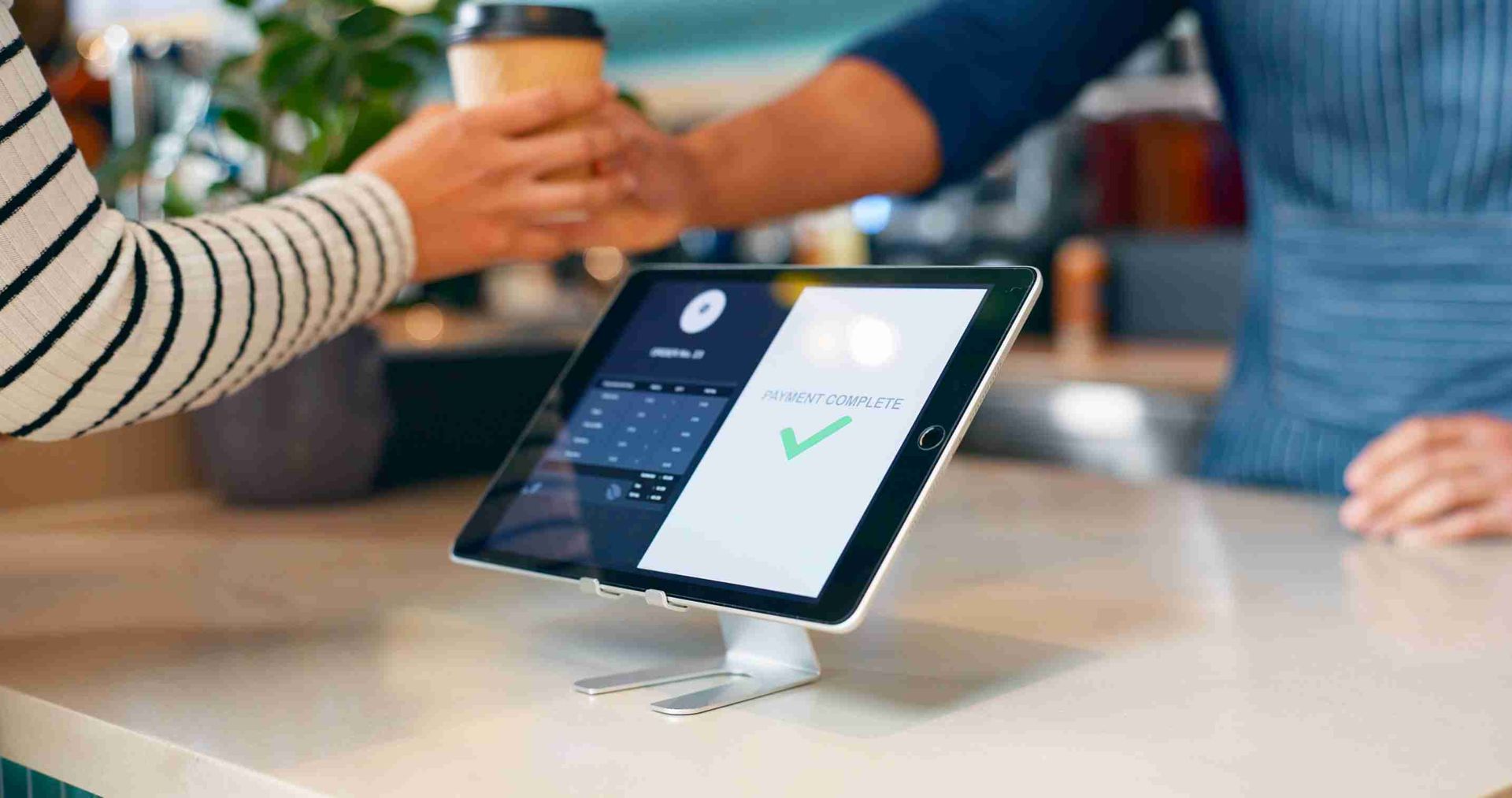Green Profit: How Sustainability in Your Restaurant Can Lead to Higher Profits
DISCLAIMER: This content is for informational purposes only and is not intended to be used as legal, accounting, tax, HR or other professional advice. You are responsible for you and your businesses' legal and regulatory compliance. Contact your attorney, accountant, or any other relevant professional for specific advice related to your own needs and circumstances.

Sustainability is no longer a nice-to-have in today's business world. It has evolved from a fringe movement to a central theme in global markets. This is largely due to the increasing effect that global warming and climate change have on the planet, ranging from increased storms, prolonged droughts, harsher winters and hotter summers. Hits to the agricultural industry because of climate change are leaving stakeholders scrambling to implement adaptable solutions to combat the effects of global warming in order to minimize its damaging effects.
But it’s not just stakeholders that are concerned about how global warming is affecting our planet. Consumers, governments and corporations alike are changing their mindsets to focusing on long-term concerns rather than being driven by shortsighted and short-term “needs.” This transformation over the last few years has been driven by consumer demand, particularly from younger generations, such as Gen Z consumers, who are now leading the way, coupled with the growing realization that sustainable practices in businesses big or small can boost profitability. Today, we will explore how implementing sustainable measures in your restaurant business can lead to higher profits in addition to a greener planet.
The New Consumer Mindset: Sustainability Matters
Modern consumers, especially the younger generation, have become increasingly concerned about the environmental impact of their purchases. Recent surveys revealed that 52% of American consumers are taking sustainability into consideration when making purchasing decisions with 1 in 3 Americans willing to pay more for sustainable goods and services. Other statistics show that 55% of Americans have stopped purchasing a certain product or service because of their negative environmental impact. As an effect, 62% of consumers have switched to comparable products and services that have a positive environmental impact over the ones that do not. Consequently, sustainability has become a key factor influencing consumer decisions, with people more willing to pay premium prices for sustainable goods and services than ever.
Restaurants that cater to this new consumer mindset are likely to attract a loyal and growing customer base. A 2022 study shows that 62% of consumers are more likely to repeat business at a restaurant they perceive to be environmentally conscious, which is up by 2% from 2019. On the other hand, 53% of consumers will avoid patronizing restaurants that they perceive to lack environmental sustainability, which is up by 9% from 2019. These numbers are proof that sustainability is on a majority of people’s minds so much so that it has changed buying patterns for a majority of Americans. By adopting sustainable practices such as sourcing local, organic ingredients, reducing food waste, and implementing
energy-efficient systems, restaurants can differentiate themselves in a crowded market and appeal to the large majority of American consumers.

Gen Z: The Green-Minded Generation with Increasing Buying Power
It's crucial for businesses to understand the importance of younger generations, such as Gen Z, as these generations are quickly gaining substantial buying power. According to a recent study, 82% of Gen Z are motivated by sustainability when considering purchases. This young generation is more diverse, tech-savvy, and more socially and environmentally aware than any previous generations.
Being sustainability-minded is part of the Gen Z identity. Although the environmental concerns they may prioritize vary, collectively, this generation and those after them have increasingly shown how important minimizing the effects of global warming and climate change have in their lives. They are more likely to patronize businesses that align with their values, and they are not afraid to call out businesses that fall short. For restaurants, this means focusing on authenticity and transparency in their sustainability initiatives, as anything perceived as 'greenwashing' can be damaging to reputation and trust.
Authenticity and Greenwashing and its Relevance in a Sustainable Restaurant
As sustainability becomes a popular business strategy, there's an unfortunate rise in 'greenwashing', where businesses make misleading claims about their environmental practices. This can be anything from covering plastic bottles with a paper mold to make it seem like it’s “green”, marketing an item as recyclable or compostable when it’s not, or inflating statistics or false claims to fit a “sustainable” narrative. It's a risky strategy, as today's customers are savvy and have tools at their disposal to fact-check claims. The negative impact on a company’s reputation if caught can be devastating. With the higher use of social media as a review platform can mean a viral video about shady practices at your business could be the “death” of your restaurant. Regaining the trust of your community could take a long time, that is if it is even salvageable. Best practices are to be transparent from the very beginning.
Authenticity, therefore, is crucial when creating a sustainable restaurant. It means genuinely committing to green initiatives rather than just using them for marketing. Authenticity could range from sourcing fair-trade, organic ingredients, and reducing plastic use, to donating leftover food to community programs. Such authentic initiatives not only earn your customers trust but also create positive change in your local community and beyond.

Sustainability Saves you Money and Improves Working Conditions
Contrary to popular belief, sustainability can lead to you saving some extra cash. Energy-efficient appliances and lighting, water-saving fixtures, and effective waste management strategies can significantly reduce operational costs over time. Moreover, sustainable supply chain practices often involve less packaging and fewer transportation miles, leading to additional savings. Many consumers are also interested in seeing more recycle and reuse programs in use in restaurants with 28% of consumers wanting in-store recyclable programs. Programs such as these can also present a great marketing opportunity. For example, Starbucks has branded reusable cups that have trendy or limited edition designs and offer a slight discount on drinks ordered with a reusable cup. Not only could you earn more on reusable cup sales and save money on disposable ones, you could also take advantage of the marketing these cups present. These cups are attractive and some consumers may purchase them just because of the designs themselves. Offering a recurring incentive via a constant discount pushes people to repeat business as they feel that they are being environmentally and money savvy at the same time.
Sustainability also leads to better working conditions. A cleaner, safer work environment improves staff morale and productivity. Restaurants using organic ingredients expose their staff to fewer potentially harmful chemicals. Plus, engaging employees in sustainability initiatives can increase their sense of purpose and loyalty to the company. Your staff is happier, meaning higher retention rates and satisfaction in their bosses. Overall, sustainability is no longer too costly or too inefficient to implement into your business. Technological advancements over the years have made it so that sustainable options are more accessible and affordable than ever. Every business likes to save money and in the end, choosing to go green can save you more green.
Sustainability Drives Profits
While the primary goal of sustainability is to reduce environmental impact, it also makes good business sense. Aside from attracting a loyal customer base and reducing operational costs, sustainability can open up new opportunities for revenue.
Studies have shown that 34% of businesses have reported profitability from their sustainability efforts while another 69% of businesses are incorporating sustainable business practices to keep up with their competitors. When looking specifically at the restaurant industry, 65% of restaurants believe that sustainable actions are necessary to remain competitive in the foodservice industry.
Sustainability does not need to be a formidable change. Starting small and steadily increasing green practices are a much more realistic pathway for most businesses. Changing one thing at a time can ensure that you stick to transforming your business into an environmentally friendly one without a huge upfront cost or being too overwhelmed to keep it up.
For instance, restaurants could introduce a line of vegan or vegetarian dishes, appealing to a fast-growing demographic. Restaurants could also change their packaging options to recycled and compostable ones or encourage customers to bring their own reusable containers. Partner with companies or organizations known for their green practices. If we go even deeper, restaurants could host sustainability-themed events or workshops, or even partner with local farms or producers for unique farm-to-table experiences
.
Moreover, sustainable businesses often receive financial incentives such as tax credits, grants, or lower interest rates from green investment funds, further enhancing profitability.
Overall, sustainability is not just about saving the planet; it's also about business survival and success. In a world where consumers are increasingly voting with their wallets, restaurants that embrace sustainability can enjoy higher profits and a competitive edge. Younger, more environmentally conscious generations are getting older and entering the consumer pool. Catering to them can mean the survival of your restaurant in contrast to those that don’t choose to keep up with the times. It's also about being authentic in your efforts, meeting the needs of your emerging customer base, improving working conditions, reducing costs, and again ultimately, driving profits. After all, the only thing better than eating well is knowing your meal is also doing well for the planet.
By Livie Wang
Livie Wang is based in Atlanta, GA and has a background in marketing and branding. With many years of experience in the restaurant and retail industries, she brings forth a personalized view on the issues these industries face. She has been a regular contributor to the ZBS Blog, News and Resource Center since 2021.






